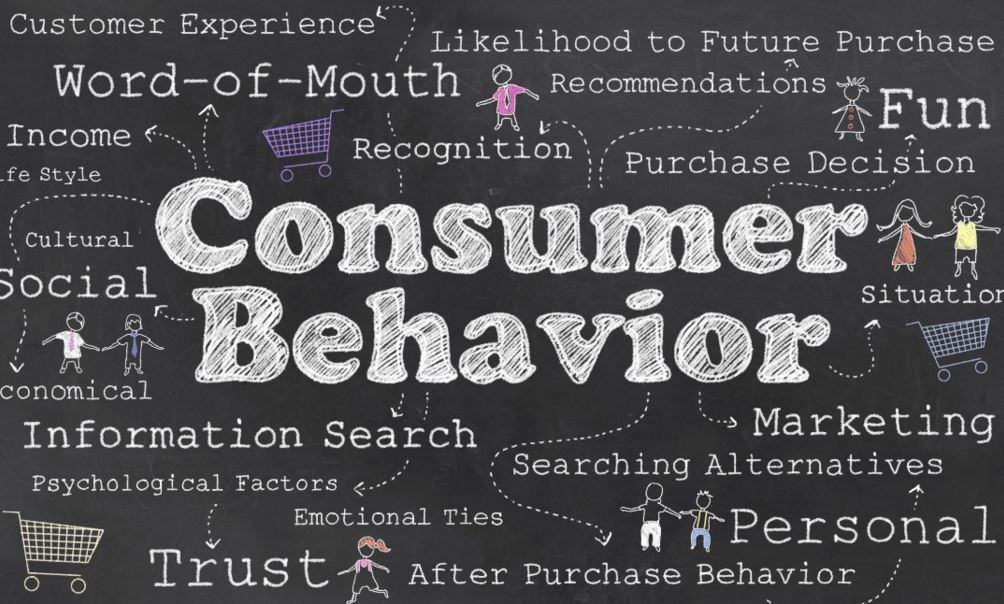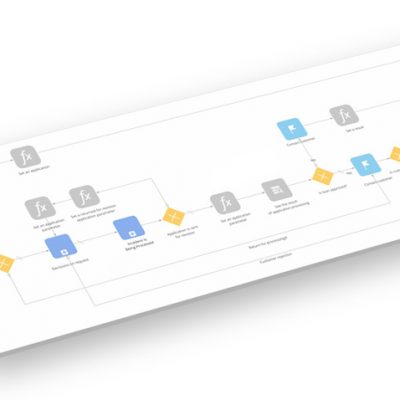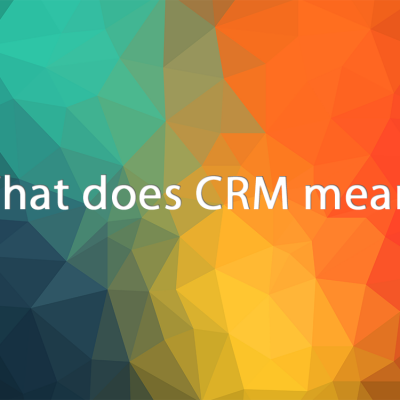How Psychology Plays in the Role of Business
The art of psychology in business is the study and practice of improving business life. Both combine the comprehension of experience and human behavior to secure and retain sustainable business performance for consumers and business organizations. It is an applied science that navigates the intricacies of making business organizations more effective in common benefit and good-will. As a science, it dictates what avenues of businesses would benefit from certain practices.

The 5 Methods of Psychology in Business
There is a reciprocal value with the relationships that businesses grow with their consumers and clients, and it draws insights from empirical data and tried theories. This enhances the psychological field by pragmatically applying relative methods to certain business models and consumer behavior. The duality of each discipline fertilizes experience and academic knowledge from rigorous research. Most professionals have a master’s degree in applied psychology as well as formal education in business.
People that work with business psychology work in certain stages. Some common methods include:
- Consultation and advisement
- Determination and diagnosis
- Design and structure
- Delivery and forecasts
- Evaluation of performance
Consultation
The consultation stage is where practitioners advise on a diverse group of issues concerning people from careers to large business scaling. They are professionals who offer unbiased information that corroborate scientific perspectives.
Determination
The determination stage is where practitioners diagnosis certain challenges and issues within organizations. Some issues and challenges could be low customer engagement, retention, low revenue streams, etc. They use social science to formulate methods that investigate consumer and employee behavior interdependently.
Design
The design and structure stage are where the practitioners develop solutions that will intertwine and rectify challenges and issues the organizations face. For instance, they might develop a marketing tactic that helps them target certain demographics to save money and help employees develop better social tools for customer conversion and retention.
Deliverables
The deliverables are where they actually implement the proposed changes to meet and exceed organizational challenges. The stage is to facilitate the change that is needed to remove problem and assign the solution and the control to the client or business organization.
Evaluation
The evaluation stage is where the practitioners measure the success of the intervention. They take evidence and demonstrate the success of the organizational and client benefits. The evaluation stage is the core business psychology research.
Sales and Sustainability
When it comes to getting sales, the process is reliant upon the art of attention-grabbing influence that persuades clients and employees to work together for the mutual benefit of organizations, employees, consumers, and clients. Generally, startups and businesses that experience boom busts are hard pressed to find solutions that generate a positive turnaround for revenue and sustainability.



